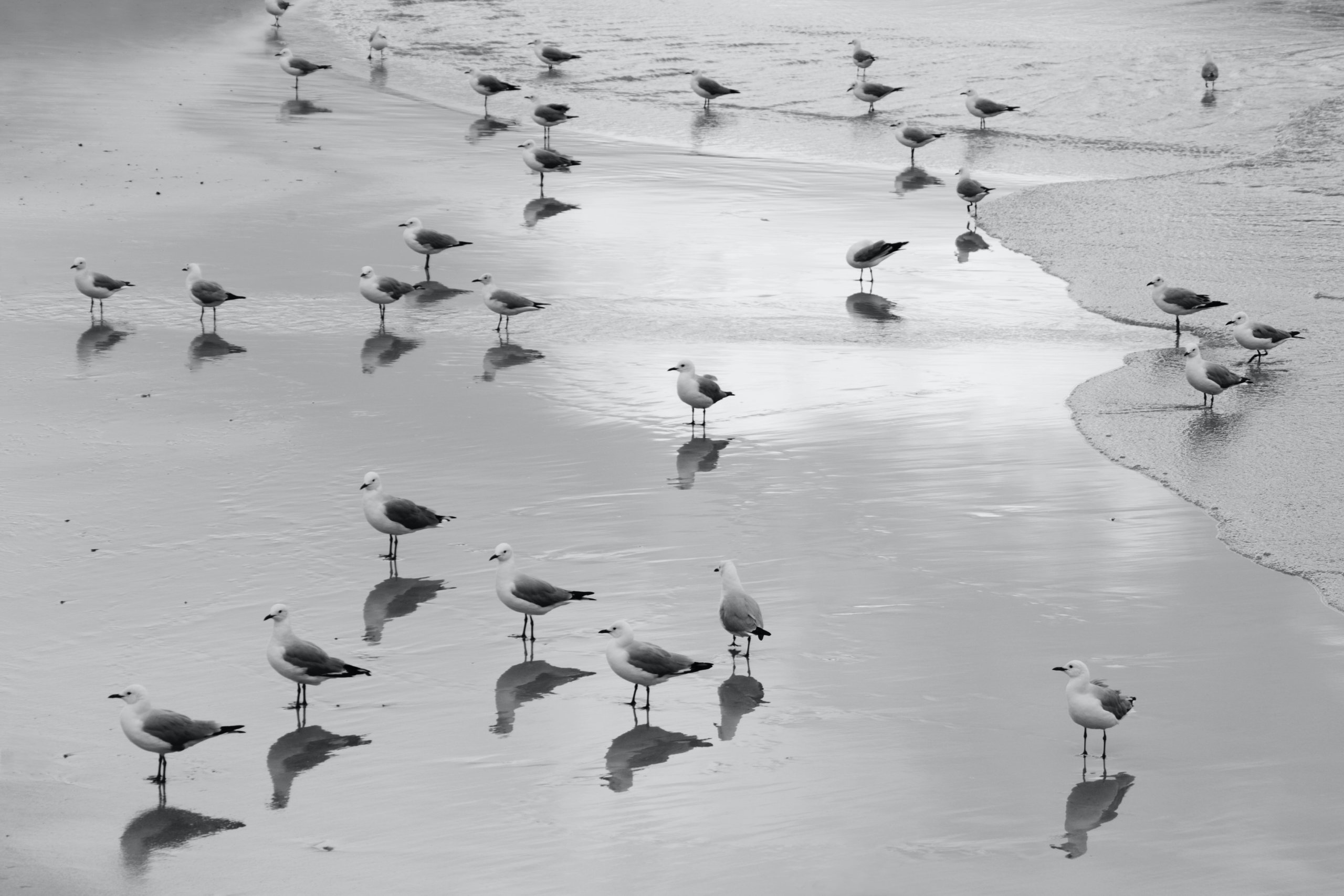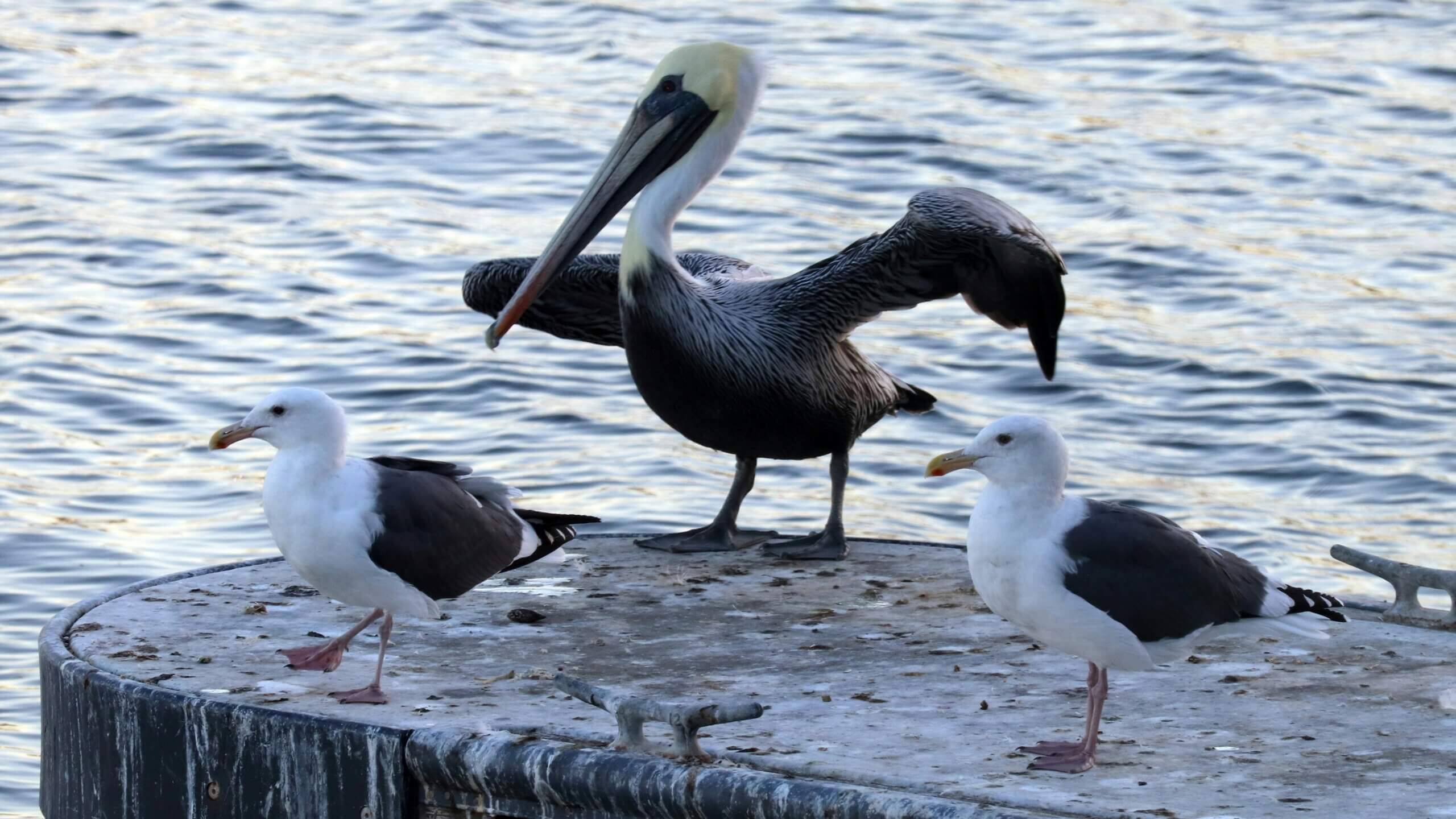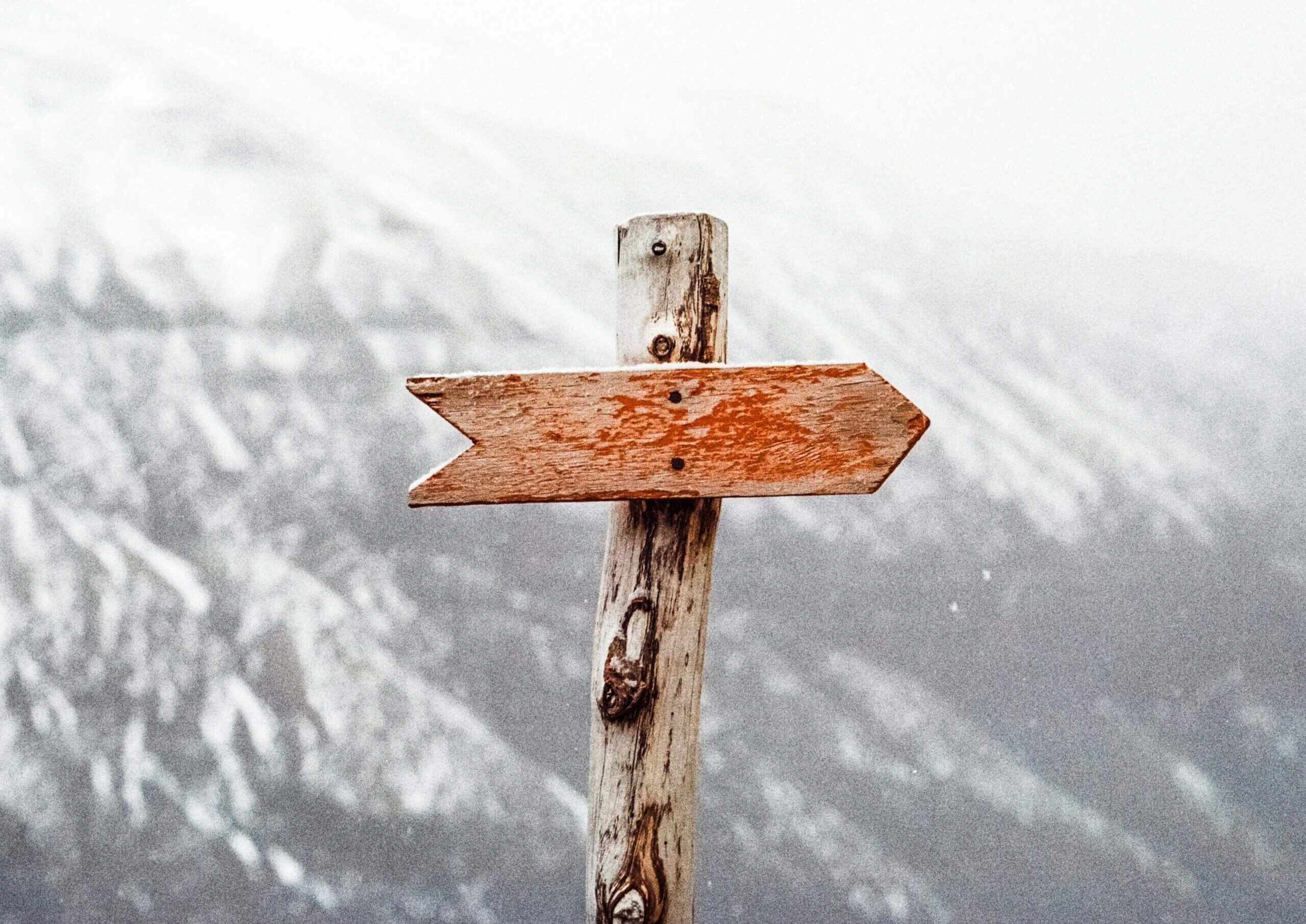Posts by: Sarah Sunu

Media Tips
Op-Ed Writing: It's OK to Argue for something
Expressing perspectives, opinions or even recommendations about the implications of your science can be a bit uncomfortable, even scary in politically charged times like we are in now. But if you want your science to be relevant and useful, you need to make sure it gets out of pages of peer-reviewed journals or organization reports and into real-world discussions. ...

Tools & Resources
FAQ: How can I prepare to communicate with multiple audiences simultaneously?
The COMPASS team has led a lot of workshops over the years—600 and counting! And as you might expect, during those workshops we get plenty of questions, including some that come up over and over. One of those regularly repeating questions: how to handle needing to communicate with multiple audiences, at the same time.
Like a lot of questions about communication,...

Tools & Resources
Giving Better Feedback
It is a truth universally acknowledged that constructive feedback is valuable for learning and improving. At COMPASS, we think it’s so important that it’s a core part of our workshops. But like a lot of things, it's not always easy to know how to give good feedback.
That’s why, before we ask people to give each other feedback, we take some time to talk a...

Bridging Communities
The Landscape of Inclusive SciComm
Science can have the greatest impact in the world when scientists work in partnership with community leaders and policymakers - and those partnerships require effective, inclusive science communication. But what characterizes inclusive science communication, and who is practicing it?
Hosted by the University of Rhode Island’s Metcalf Institute and organized ...

Leadership in Action
You Can Do This: An Interview with Shanice Bailey
Shanice Bailey is a third-year graduate student at Columbia University’s Lamont-Doherty Earth Observatory in the Ocean Transport Group, where she studies Antarctic bottom water, the deepest and oldest water mass in the world. Shanice also is collaborating with others to develop an afterschool curriculum for high school students that teaches them how to code using...